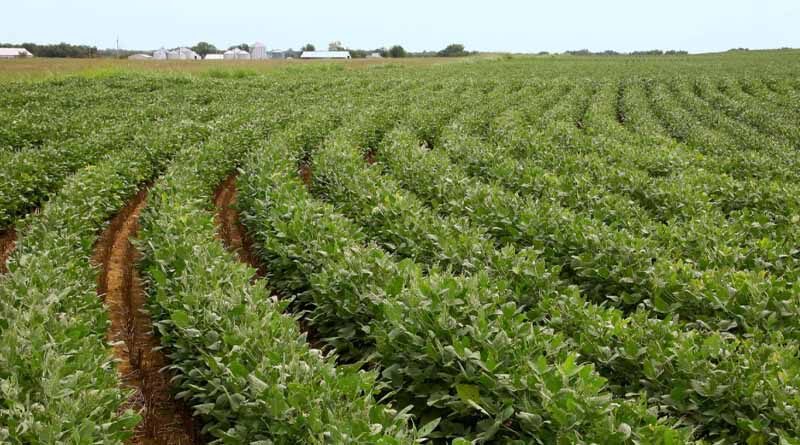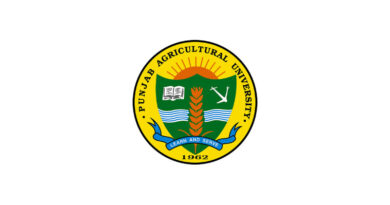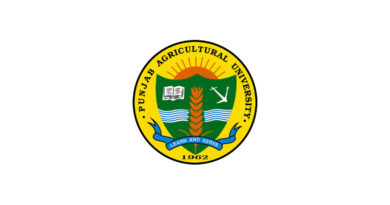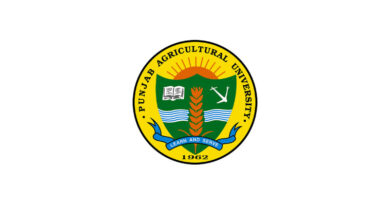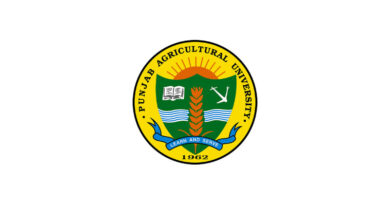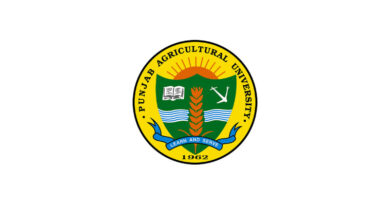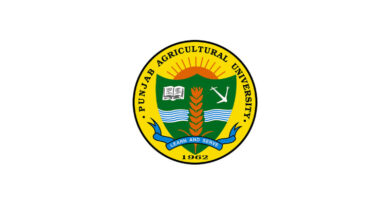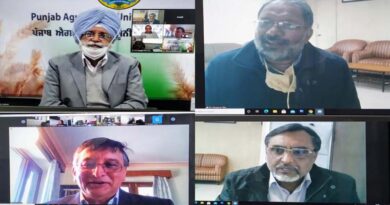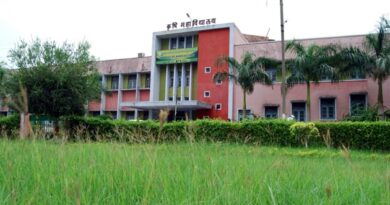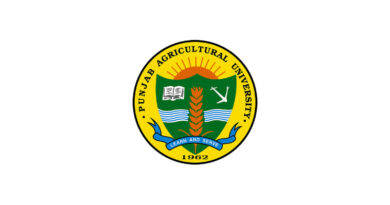Wheat variety PBW 1 chapati and unnat PBW 550 to compete with MP’s wheat: PAU
19 September 2021, Punjab: The two-day Virtual Kisan Mela concluded at Punjab Agricultural University (PAU) amidst panel discussions on natural resource management; livestock production and subsidiary occupations; processing, value addition and farmer-producer organizations (FPOs).
Dr NS Bains, Director of Research, said constructive efforts were made to enrich the knowledge of the farmers during the mela. Punjab farmers are skilled, he said, while adding that Kisan (farmer) and Kisani (agriculture) are being empowered to connect themselves with the market. Farmers should adopt PBW 1 Chapati and Unnat PBW 550 wheat varieties (with good chapatti quality) as these can compete with Madhya Pradesh wheat, he advised. “Do not paint negative perception of Punjab agriculture,” he urged the farmers while appealing to say no to stubble burning.
Dr JS Mahal, Director of Extension Education, expressed his gratitude to the farmers, farm women and youths of Punjab for making the mela a big success. Farmers are being provided facilities in Punjab and even at Singhu and Tikri borders, he said, while advising them to download Farm Inputs App for the purchase of quality seed.
Earlier, Dr GPS Sodhi, Additional Director of Extension Education, welcomed the panellists, progressive farmers and representatives of industry.
Dr TS Riar, Additional Director Communication, while proposing a vote of thanks, urged the farmers to purchase PAU farm publications and become their voracious readers.
During the discussion on “Natural Resource Management,” Dr OP Choudhary, Head, Department of Soil Science and moderator of the session, expressed concern over groundwater depletion and crop residue management, and made a call for conserving natural resources for clean air, water and food. The University has evolved various technologies, such as, judicious use of fertilizers, adoption of less water requiring crops, fertigation, mulching, etc. for natural resource conservation, he added.
Also Read: Escorts Limited and IndusInd Bank come together to serve the farming community
Dr GS Kocher, Head, Department of Microbiology; Dr MS Bhullar, Head, Department of Agronomy and Dr Sanjeev Chauhan, Head, Department of Forestry and Natural Resources, spoke on biofertilizers recommended for 18 crops (mainly wheat, paddy, maize, legumes, potato, onion, turmeric, etc.); operation of PAU Happy Seeder and weed management; and agro-forestry, respectively.
Dr VS Hans, Professor of Mechanical Engineering; Dr Rakesh Sharda, Principal Extension Scientist (Soil and Water Engineering); Dr Rajeev Sikka, Senior Soil Chemist; Dr KS Suri, Senior Entomologist; Dr Mandeep Punia, Plant Pathologist; and Mr GS Dhillon from State Department of Soil and Water Conservation, explained bioenergy production, rainwater harvesting, apt use of fertilizers, insect-pest management in various crops, disease management in several crops, and soil and water conservation techniques, respectively.
In the second panel discussion on “Livestock Production and Subsidiary Occupations,” Dr Jaspal Singh, Senior Entomologist and Dr Shivani Sharma, Assistant Mycologist, deliberated upon beekeeping and mushroom production as profitable enterprises, respectively. Experts from GADVASU and PAU advised the farmers to acquire trainings in subsidiary occupations like dairy, pig, goatry, poultry and fish farming as well as beekeeping and mushroom cultivation before adopting them as enterprise. Dr JS Hundal, Professor, Guru Angad Dev Veterinary and Animal Sciences (GADVASU), was moderator of the session.
The moderator of the last session on “Processing, Value Addition and FPOs” was Dr Mahesh Kumar, Head, Department of Processing and Engineering. During discussion, Dr Poonam A Sachedv, Head, Department of Food Science and Technology, and Dr Kiran Bains, Head, Department of Food and Nutrition, said that departments are engaged in training and value addition of fruits, vegetables and cereal crops; and provided information on nutritious food (avoiding white sugar, tea with no sugar, etc.), respectively.
Dr Khushdeep Dharni, Professor, School of Business Studies; Dr Tarsem Chand, Senior Extension Engineer; and Dr Arashdeep Singh, food science and technology expert, talked about agri-business models; setting up of agro-processing complexes and use of preservatives in processed food products, respectively. Mr Rajnish Tuli, Punjab Agro Industries Corporation and Dr Jaideep, Punjab Gramin Bank, informed the farmers about various schemes for micro and macro level food processors as well as bank loan facilities, respectively.
Progressive farmers, representatives of industry and entrepreneurs also shared their experiences.

